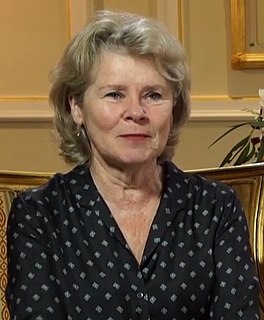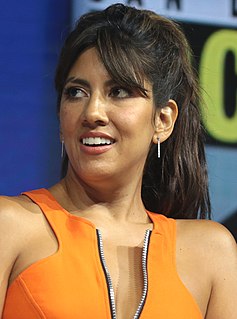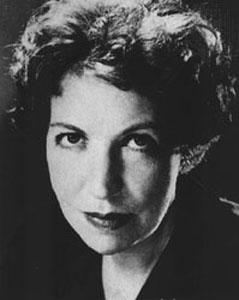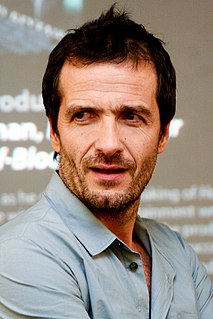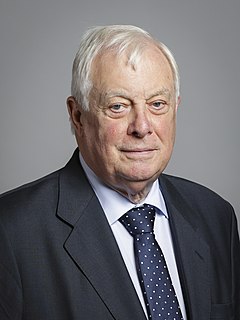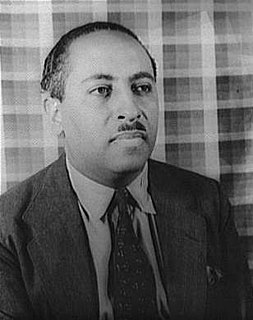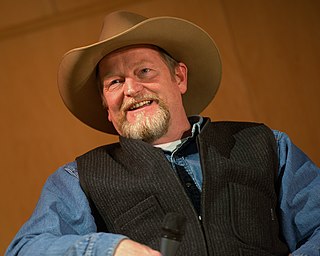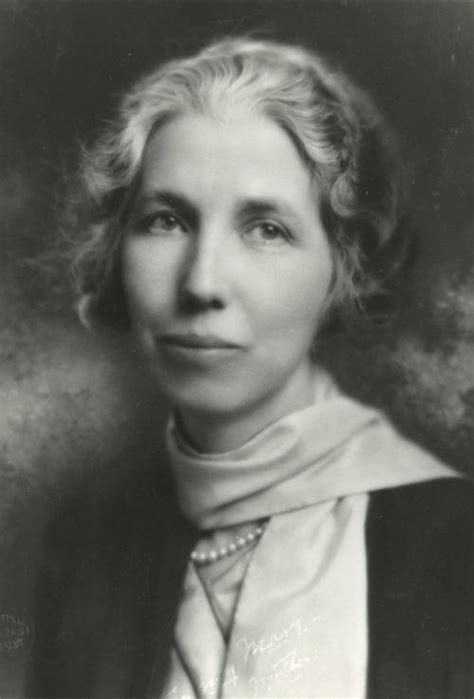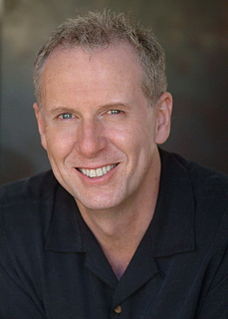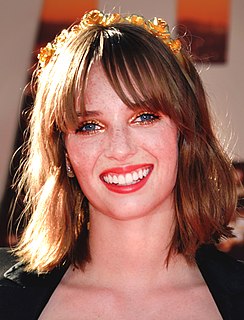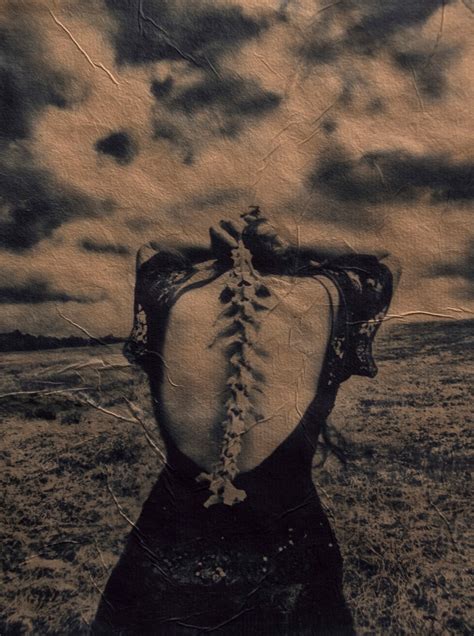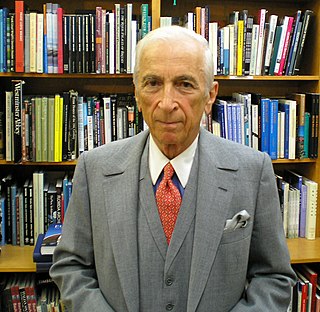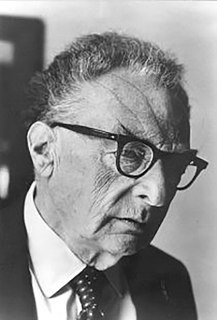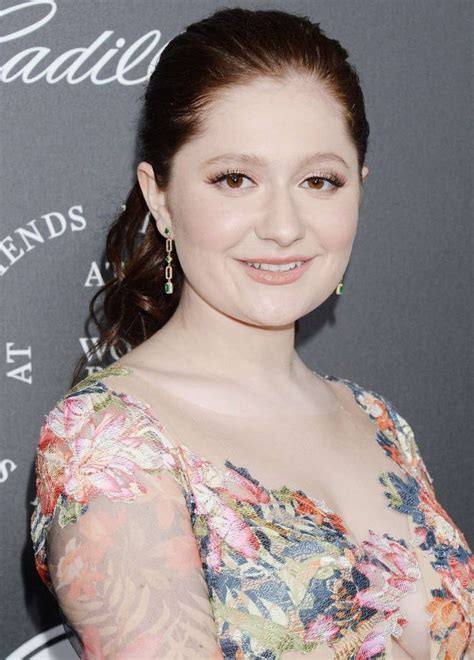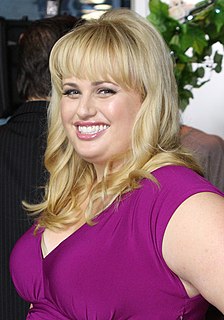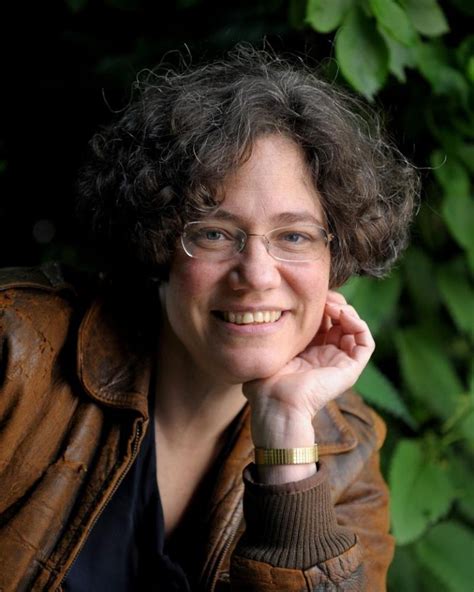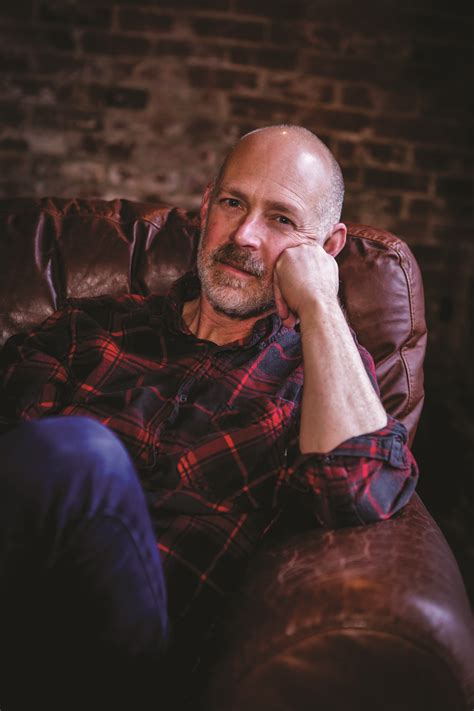Top 1200 Literary Characters Quotes & Sayings - Page 18
Explore popular Literary Characters quotes.
Last updated on November 18, 2024.
I don't think I ever relinquish a person I have known, and surely not my fictional characters. I see them, I hear them, with a clarity that I would call hallucinatory if hallucination didn't mean something else ... A character whom we create can never die, any more than a friend can die ... Through [my characters] I've lived many parallel lives.
I like stories that begin with characters. I like to be engaged and moved by the characters in the story. I want to be moved. I want to leave the cinema and think about what I've seen. My sensibility is quite eclectic and it doesn't matter if they are small or large films, I just want to make good films.
I think, when I'm writing, I have a more clinical view than I do when I'm reading. I like pretending to be God and basically determining the fate of my characters. But as a reader, I'm a sucker. I'm very sentimental. I get upset when people that I like die. And yet I have killed off characters in my books quite heartlessly, and sometimes found that readers were very upset by it.
The representation of gay characters on screen is important for us all to think about because there are sadly too few representations of gay characters on screen in mainstream cinema. If Marvel starts making movies about gay superheroes, then we'll be in a really great place. We're not at that place.
Every movie has three things you have to do - you have to have a compelling story that keeps people on the edge of their seats; you have to populate that story with memorable and appealing characters; and you have to put that story and those characters in a believable world. Those three things are so vitally important.
Now we really like to put people in boxes. As men, we do it because we don't understand characters that aren't ourselves and we aren't willing to put ourselves in the skin of those characters and women, I think, terrify us. We tend not to write women as human beings. It's cartoons we're making now. And that's a shame.
Mostly the natural landscapes work as a sounding board for my characters, so they can understand themselves, and it acts as a mirror in which we readers see ourselves. The natural world is the place into which all my characters have to situate themselves in order to be who they really are, and that makes my rural fiction feel different from a lot of urban fiction.
When you write a book, you want to have fidelity to the character. Characters and their emotions guide the structure of the novel. The author is aware that there's a certain amount of information she/he has to provide in order to satisfy the reader, knowing that she/he has set something up that must be paid off, but this payment must be made while maintaining fidelity to the characters.
I don't know who they are[my characters] . They're entirely invented characters. Maybe that's how I've been able to write so many books, because there are no boundaries for me. I can write a completely fantastical story like "Swept Away" or "Blinded by the Light" and then a non-comic drama like "Chicxulub" or something like "Birnam Wood" that has autobiographical underpinnings. Why not?
If I can get the audience to connect with the characters emotionally - and they love who they are, they love the larger-than-life situation that they're in, but most of all get the audience invested in the characters - then I always feel like I can sort of put them in the most outrageous circumstances, and the audience is okay to go with that.
I hear so many writers say - and these are writers that I trust completely - 'I just started hearing a voice', or, 'The characters came to life'. I am filled with loathing for my own characters when I hear that because they do nothing of the sort. Left to their own devices, they do nothing but drink coffee and complain about their lives.
None of the male characters are as powerful or as interesting as the four central female characters. The men work best as representations of the current stage of a particular female’s psyche. The men function as catalysts, and are certainly important to the development of the story, but the relationships are not the goal. I do not see romance as being what’s central to the success of PRETTY LITTLE LIARS.
I think up to this point, it's been difficult to suggest a world where Batman and Superman and Wonder Woman and others could exist in the same universe. That was one of the things I really wanted to try and get at. Not to mention, the amazing opportunity to bring those characters and have those characters tell an important story, their own story, within the confines of a film.




